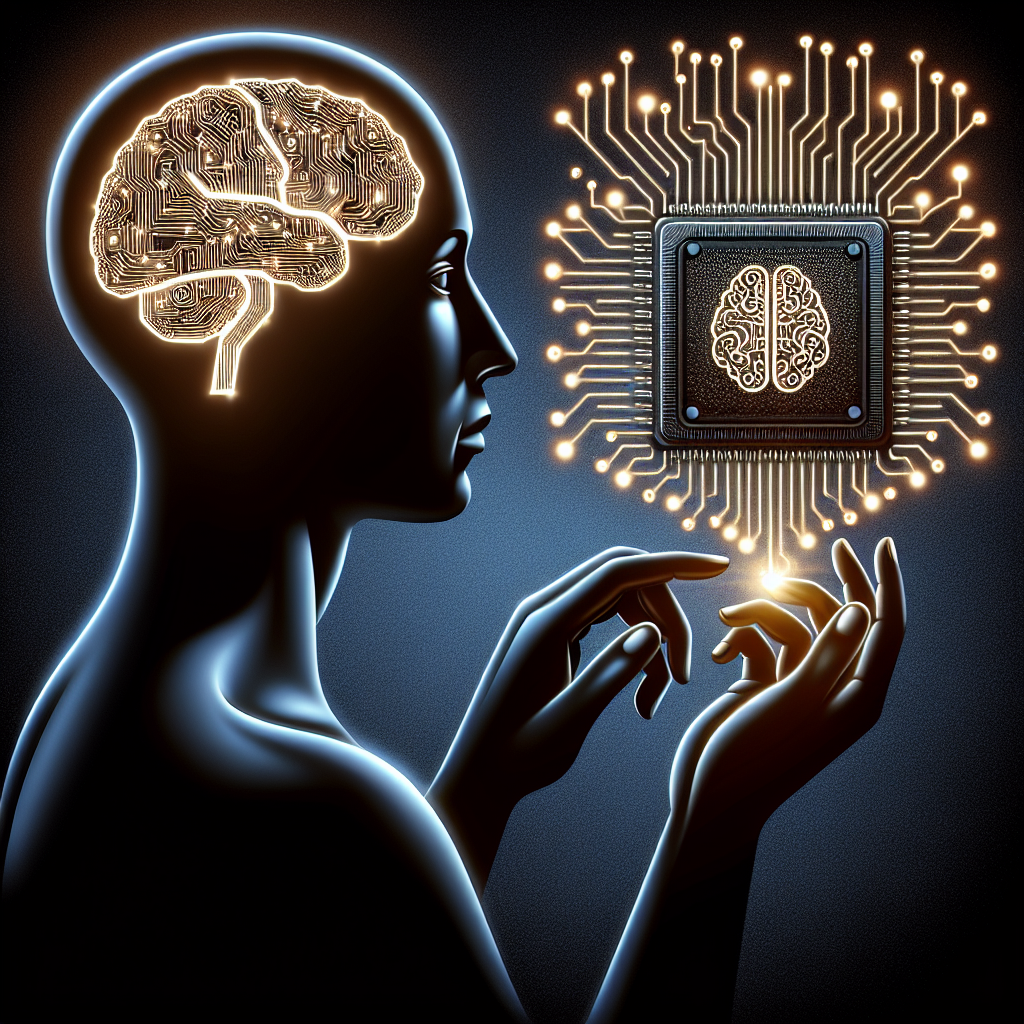The Psychology of AI in Consumer Behavior Analysis
In today’s digital age, companies have access to a wealth of data about their customers. This data can provide valuable insight into consumer behavior, preferences, and trends. However, analyzing this data can be a daunting task, requiring advanced analytical tools and expertise. This is where artificial intelligence (AI) comes into play.
AI is revolutionizing the way companies analyze consumer behavior by providing powerful tools that can process and analyze vast amounts of data in real-time. By using AI, companies can gain a deeper understanding of their customers, allowing them to tailor their marketing strategies and product offerings to better meet consumer needs.
But what exactly is the psychology behind AI in consumer behavior analysis? How does AI impact the way companies understand and engage with their customers? In this article, we will explore the role of AI in consumer behavior analysis and discuss the psychological principles that underlie its effectiveness.
The Role of AI in Consumer Behavior Analysis
AI has the ability to process and analyze large amounts of data quickly and efficiently. This allows companies to gain valuable insights into consumer behavior that were previously unattainable. By using AI-powered tools, companies can track and analyze customer interactions across multiple channels, such as social media, websites, and email campaigns.
One of the key benefits of using AI in consumer behavior analysis is its ability to identify patterns and trends in consumer data. By analyzing data from multiple sources, AI can reveal insights into consumer preferences, purchasing habits, and brand loyalty. This information can help companies better understand their customers and tailor their marketing strategies to meet their needs.
AI can also help companies predict future consumer behavior by analyzing historical data and identifying trends. By using machine learning algorithms, AI can make accurate predictions about consumer preferences and trends, allowing companies to anticipate changes in the market and adjust their strategies accordingly.
Another important role of AI in consumer behavior analysis is its ability to personalize the customer experience. By analyzing data on individual customers, AI can create personalized recommendations and offers that are tailored to each customer’s preferences and interests. This can help companies build stronger relationships with their customers and increase customer loyalty.
Psychological Principles of AI in Consumer Behavior Analysis
The effectiveness of AI in consumer behavior analysis is rooted in several psychological principles. One of the key principles is the concept of cognitive bias. Cognitive bias refers to the tendency of individuals to make decisions based on subjective factors, such as emotions, beliefs, and past experiences. By using AI to analyze consumer data, companies can mitigate cognitive bias and make more objective decisions based on data-driven insights.
Another important psychological principle at play in AI-powered consumer behavior analysis is the concept of social proof. Social proof refers to the tendency of individuals to conform to the actions and opinions of others. By using AI to analyze social media data, companies can identify influencers and opinion leaders who can help shape consumer behavior and influence purchasing decisions.
AI also leverages the principle of reciprocity in consumer behavior analysis. Reciprocity refers to the tendency of individuals to feel obligated to return a favor or gesture of goodwill. By using AI to analyze customer interactions and engagement, companies can identify opportunities to build trust and loyalty with their customers by offering personalized incentives and rewards.
Frequently Asked Questions (FAQs)
1. How does AI analyze consumer behavior?
AI analyzes consumer behavior by collecting and analyzing data from various sources, such as social media, websites, and email campaigns. By using machine learning algorithms, AI can identify patterns and trends in consumer data, allowing companies to gain insights into consumer preferences and behaviors.
2. How does AI personalize the customer experience?
AI personalizes the customer experience by analyzing data on individual customers and creating personalized recommendations and offers. By tailoring marketing strategies to meet the needs and preferences of each customer, companies can build stronger relationships with their customers and increase customer loyalty.
3. How does AI predict future consumer behavior?
AI predicts future consumer behavior by analyzing historical data and identifying trends. By using machine learning algorithms, AI can make accurate predictions about consumer preferences and trends, allowing companies to anticipate changes in the market and adjust their strategies accordingly.
4. How does AI mitigate cognitive bias in consumer behavior analysis?
AI mitigates cognitive bias by making objective decisions based on data-driven insights. By analyzing consumer data, AI can help companies identify and overcome subjective factors, such as emotions and beliefs, that may influence decision-making.
5. How does AI leverage the principle of social proof in consumer behavior analysis?
AI leverages the principle of social proof by analyzing social media data to identify influencers and opinion leaders who can shape consumer behavior and influence purchasing decisions. By understanding the social dynamics of consumer behavior, companies can better target their marketing efforts and engage with their customers.
In conclusion, the psychology of AI in consumer behavior analysis is a powerful tool that can help companies gain valuable insights into their customers and make data-driven decisions. By leveraging the principles of cognitive bias, social proof, and reciprocity, AI can help companies personalize the customer experience, predict future consumer behavior, and build stronger relationships with their customers. As AI continues to evolve, its impact on consumer behavior analysis will only grow stronger, allowing companies to stay ahead of the curve and meet the ever-changing needs of their customers.

